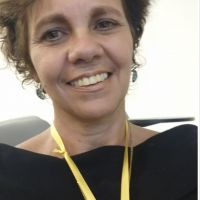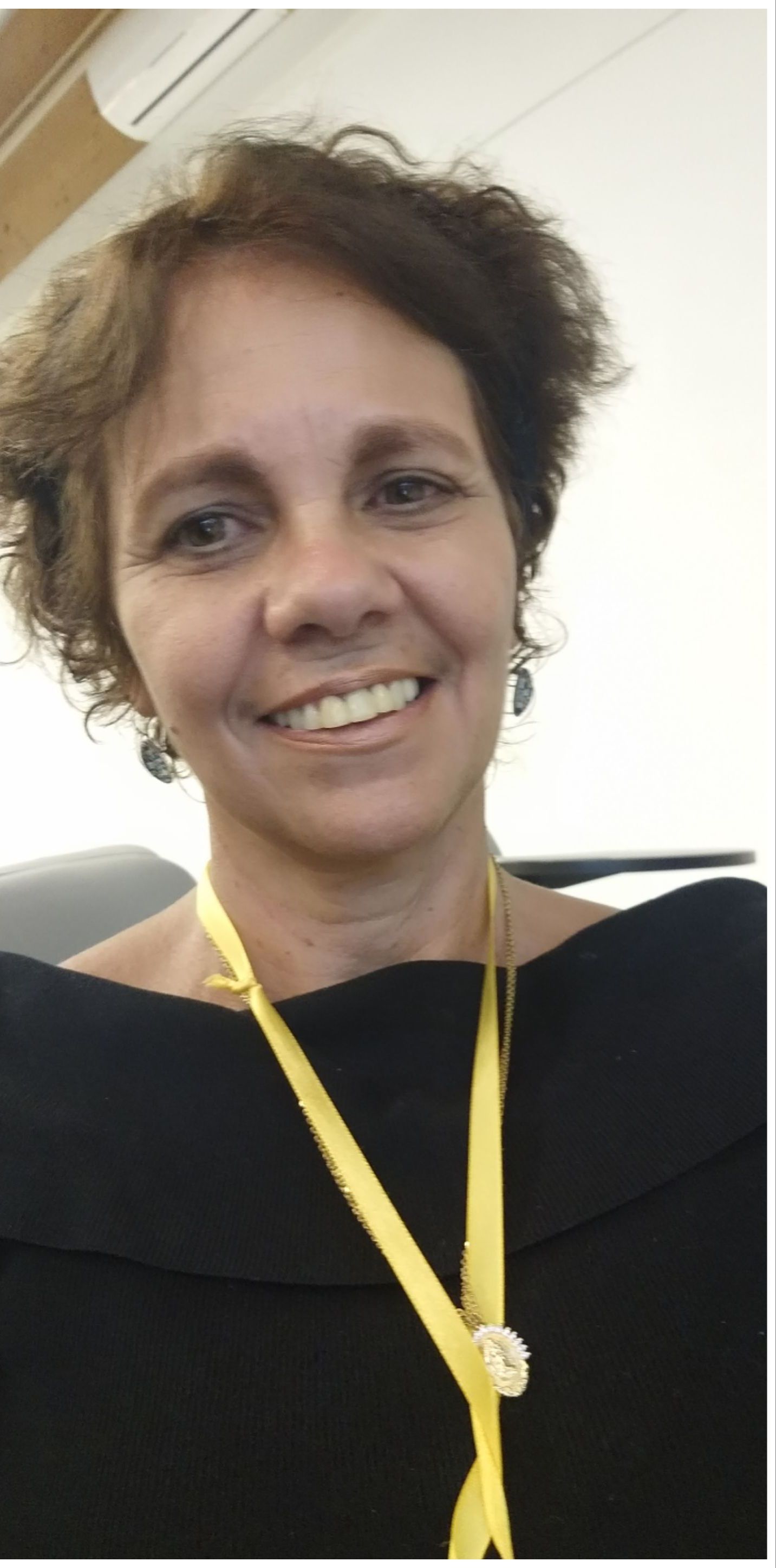

Mabel Solange de Figuerêdo Cavalcanti
Mabel Solange de Figuerêdo Cavalcanti holds a Master's degree in Social Politics and is currently a PhD candidate in Sociomuseology with the project financed by UNESCO Chair “Education, Citizenship and Cultural Diversity”: “The struggle of the cordel museum in the writings of sociomuseology:stories,memories and resistance”. She is a member of the ReLeCo Memory, Citizenship and Sociomuseology.
Advisor: Judite Primo
Áreas de interesse académico e científico Areas of academic and scientific interest
- Education
- Human Rights
- Art
- Sociomuseology
Abstract
Located in the largest popular fair in the Brazilian northeast and being the only one of its kind in the world, the Cordel Museum is a space of popular stories and memories built in the struggle to exist since its genesis, when it was the cordel tent of the poet Olegário Fernandes inside the old space of the Caruaru fair. The transformation of the tent into a museum space is a struggle of the city's artistic community, the cordel poets and the people in general to keep the history alive and safeguarded the history of cordel literature and its poets, based on the collection donated by the poet Olegário Fernandes that gives the museum its name. The struggle to remain in the new space of the fair and the conservation of this space of memories makes us build an investigation that tries to understand the relationship of this space as a heritage of the poetic narratives of the people and their stories, as well as the dialogue of resistance that has been constituted so that the museum continues as a meeting point and production of knowledge that comes from the. It is based on cordel literature and thus records and dialogues with the history of the city, its poets and the community of the Caruaru Fair, an important patrimonialized space within what is configured as Caruaru-a city made of art.


